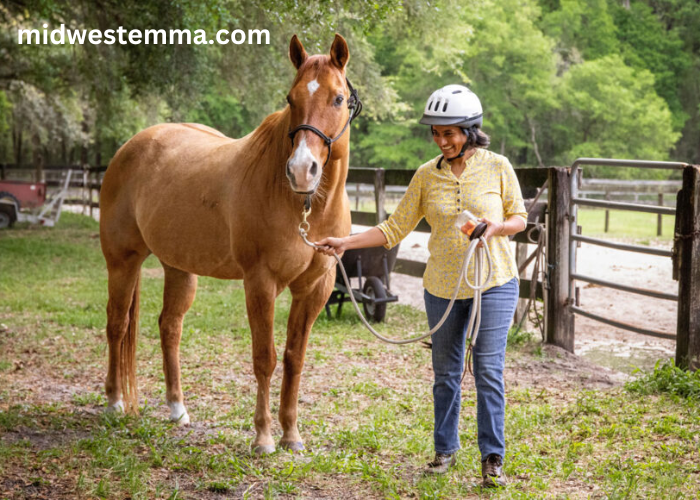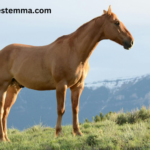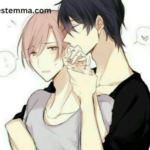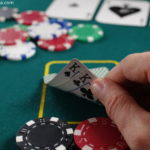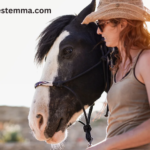The relationship between humans and horses is a rich tapestry woven through centuries of shared history, mutual reliance, and profound companionship. From the plains of ancient civilizations to modern therapeutic practices, the bond between humans and horses has evolved, yet remains deeply significant. This unique connection is characterized by trust, respect, and an almost intuitive understanding between two very different species. Discover the finest quality turf products at AbdellatifTurf. From lush green grass to durable turf solutions, find everything you need for your landscaping projects.
Historical Perspective
Horses have been companions to humans for thousands of years. The domestication of horses around 4000 BCE marked a pivotal moment in human history, transforming societies by enabling faster travel, more effective farming, and altering the nature of warfare. Ancient civilizations like the Mesopotamians, Egyptians, and Greeks revered horses not just for their utility, but for their beauty and spirit. Horses were integral to myths, art, and literature, symbolizing power, freedom, and grace.
A Partnership of Trust
The foundation of the human-horse relationship is trust. Horses are prey animals, naturally inclined to be cautious and alert to potential dangers. Building a bond with a horse requires patience and consistency. Through gentle training and care, humans can earn a horse’s trust, leading to a partnership where the horse willingly responds to human cues. This mutual trust is essential for various equine activities, from riding and racing to therapeutic interactions.
Equine Therapy and Emotional Connections
In recent years, the therapeutic benefits of human-horse interactions have gained recognition. Equine-assisted therapy is used to help individuals with physical, emotional, and mental challenges. The presence of a horse can be calming and grounding, providing a sense of peace and emotional stability. Horses have an innate ability to mirror the emotions of the people around them, which can be particularly beneficial in therapy. This mirroring helps individuals become more aware of their feelings and behaviors, promoting self-reflection and healing.
The Role of Horses in Modern Society
While horses are no longer the primary mode of transportation or labor, they continue to hold a special place in human society. Equestrian sports, such as dressage, show jumping, and eventing, celebrate the skill and harmony between horse and rider. Horses are also cherished companions in leisure activities, from trail riding to horse shows. The care and management of horses have become more sophisticated, with advances in veterinary medicine and nutrition ensuring better health and longevity for these beloved animals.
The Emotional Impact of Equine Companionship
The bond between humans and horses is often described as transformative. Many horse owners speak of the deep emotional connection they feel with their equine companions. This bond can bring immense joy, comfort, and a sense of fulfillment. Horses, with their keen sensitivity and non-judgmental presence, offer a unique form of companionship that can be profoundly therapeutic and enriching.
Conclusion
The relationship between humans and horses is a testament to the enduring power of interspecies connections. It is a partnership built on trust, respect, and mutual benefit. Whether through historical significance, therapeutic applications, or personal companionship, horses continue to touch human lives in meaningful ways. Exploring this bond reveals much about the nature of empathy, cooperation, and the profound ways in which animals and humans can enrich each other’s lives. As we continue to care for and cherish these majestic creatures, the legacy of our equine companions remains an integral part of the human experience.

